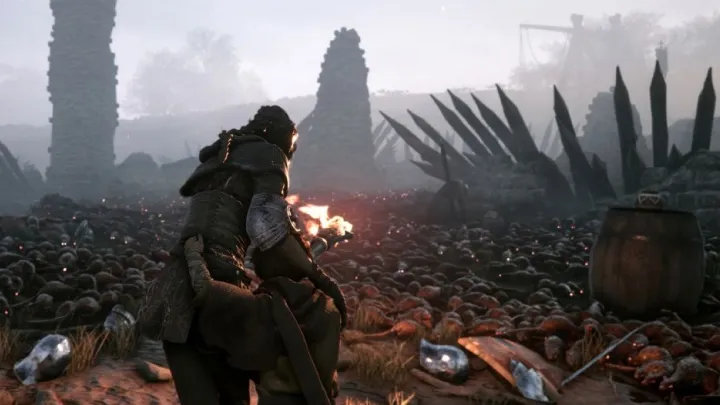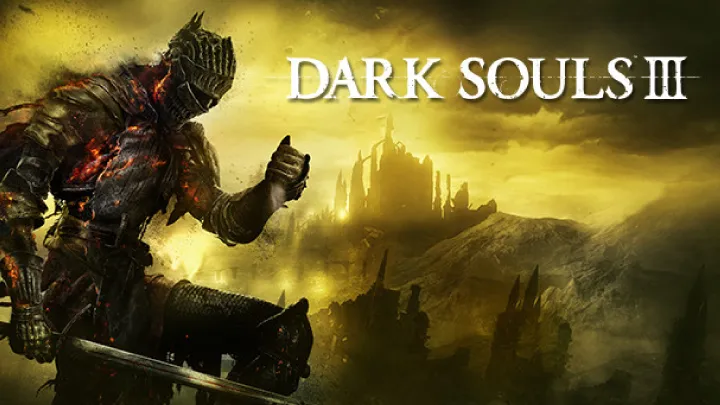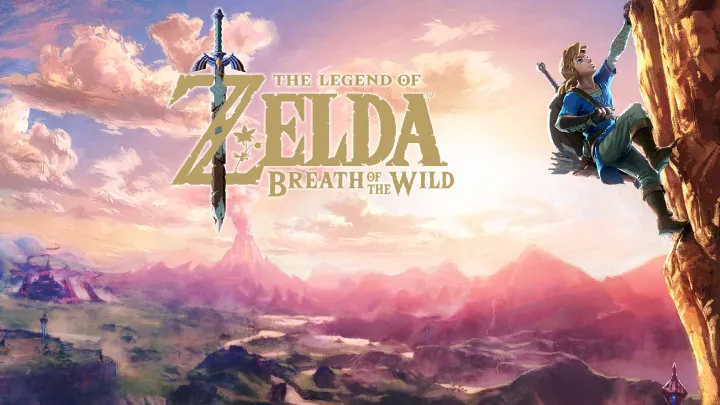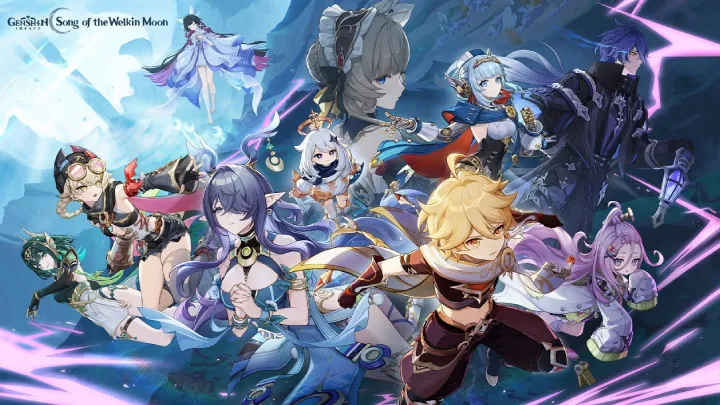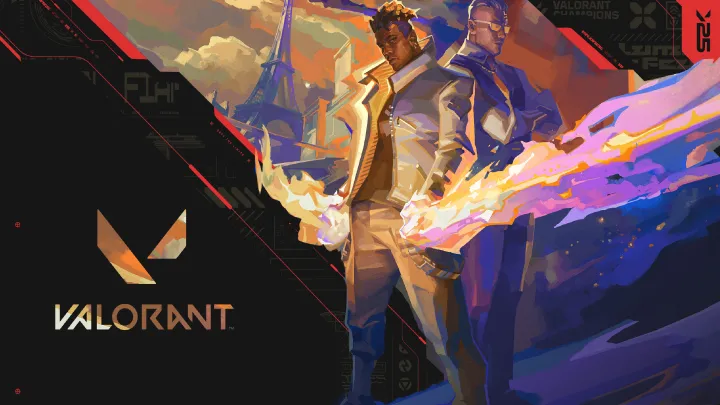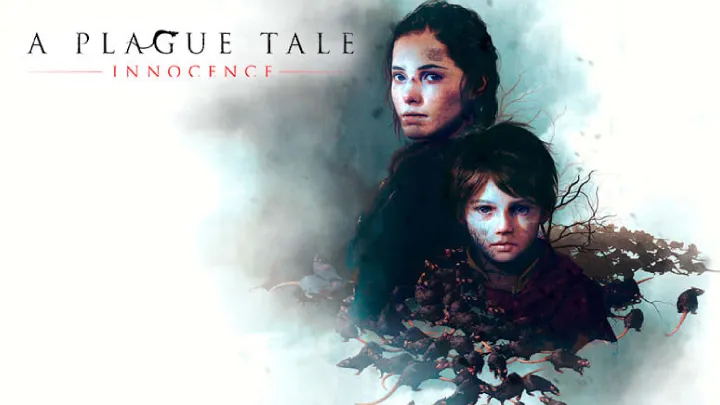
Introduction
Plague Tale: Innocence, developed by Asobo Studio and published by Focus Home Interactive, immerses players in a haunting tale of survival and familial bonds set against the backdrop of the Black Death. The narrative follows siblings Amicia and Hugo as they traverse a war-torn France plagued by supernatural rats and relentless Inquisition soldiers. One of the most profound themes in this title is the exploration of trauma—both personal and collective—and its effects on identity and resilience. This article delves deeply into how Plague Tale: Innocence portrays the psychological impact of trauma on its characters, particularly on Amicia and Hugo, and how they navigate their harrowing journey toward survival and healing.
The Historical Context: A World in Crisis
The Setting and Its Significance
The game is set in 14th-century France, during the devastating era of the Black Plague, where societal structures are crumbling, and fear reigns. This historical period serves as a backdrop for the story, profoundly influencing the characters’ experiences and the challenges they face.
Plague as a Narrative Device
The plague itself functions as more than just a historical detail; it becomes a character in its own right. It symbolizes not only physical death but also the moral decay of society. As players navigate through towns ravaged by disease, they witness the breakdown of humanity, which mirrors the personal struggles of Amicia and Hugo.
Themes of Despair and Hope
- Loss of Innocence: The game starkly contrasts the innocence of childhood with the harsh realities of existence during the plague.
- Survival Instincts: Amid immense despair, the siblings must rely on their instincts to survive, showcasing the duality of hope and fear.
- Moral Ambiguity: The choices faced by characters often involve moral dilemmas that accentuate themes of survival and ethics in desperate situations.
Impact on Characters
The setting profoundly influences the psychological states of the characters. Amicia and Hugo's interactions with the world around them—filled with death, betrayal, and despair—serve to heighten their emotional arcs. The weight of their circumstances transforms their relationship, driving them closer together even as they grapple with fear and trauma.
The Sibling Bond: A Source of Strength and Vulnerability
Amicia's Protective Role
From the outset, Amicia is thrust into the role of protector for her younger brother, Hugo, who suffers from a mysterious illness. This dynamic forms the crux of their relationship, as Amicia’s fierce determination to keep her brother safe is juxtaposed with the immense pressure she bears.
The Emotional Toll of Protection
As they journey through a relentless landscape filled with threats, Amicia’s role as protector becomes increasingly complicated. The constant danger weighs heavily on her psyche, forcing her to make difficult decisions that challenge her morality and sense of self.
Key Aspects of Their Relationship
- Responsibility and Guilt: Amicia grapples with feelings of guilt when she cannot shield Hugo from the horrors they face.
- Coping with Trauma Together: Their bond becomes a lifeline, but it is also a source of anxiety as they confront the traumas of their reality.
- Development of Trust: Their experiences shape a profound trust between them, yet the pressures of survival threaten to fracture their relationship.
Hugo's Vulnerability and Growth
While Hugo’s fragility offers a poignant contrast to Amicia’s strength, he evolves throughout their journey, displaying resilience and courage in the face of adversity. His character embodies the innocence of childhood, which stands starkly against the brutality of their reality.
Transformation Through Adversity
- Emerging Agency: As the story progresses, Hugo begins to assert his will, demonstrating a willingness to confront the dangers surrounding them.
- Understanding Trauma: The trauma he endures impacts him profoundly, which is mirrored in his evolving relationship with Amicia.
- Symbol of Hope: Hugo’s character serves not only as a symbol of innocence but also as a beacon of hope amidst the darkness.
The Psychological Impact of Trauma
Trauma as a Central Theme
Plague Tale: Innocence intricately weaves the theme of trauma throughout its narrative. Amicia and Hugo face both external horrors—such as the Inquisition and the plague-ridden landscape—and internal struggles, grappling with fear, loss, and the burden of survival.
The Nature of Fear
Fear manifests itself constantly in the game, influencing characters' decisions and emotional landscapes. Amicia often faces anxiety and panic, particularly when confronted with threats to Hugo’s safety or her own.
Consequences of Constant Fear
- Paranoia and Distrust: The environment fosters a sense of paranoia; every sound can signal danger, leading characters to second-guess their choices.
- Burnout and Despair: The relentless nature of their journey can lead to emotional burnout, with characters experiencing bouts of despair and hopelessness.
- Coping Mechanisms: Characters employ various methods to cope, ranging from emotional outbursts to moments of quiet resilience, reflecting the human capacity to adapt.
The Role of Memory
Memory plays a crucial role in how trauma influences the characters. Amicia is haunted by the memories of her past, which shape her decisions and emotional responses. The game uses flashbacks and dream sequences to explore these memories, providing insight into her psyche.
Memory and Identity
- Haunting Past: Amicia’s recollections of her family and home contribute to her sense of identity and drive her motivations throughout their journey.
- Blended Realities: The interplay between past memories and present experiences creates a complex narrative that highlights the lasting impact of trauma.
- Motivation for Survival: Memories serve as both a driving force for survival and a reminder of the stakes involved in their quest.
Coping with Loss: Handling Grief and Sacrifice
The Weight of Loss
As the narrative unfolds, Amicia and Hugo are forced to confront profound loss, both in terms of family and their former way of life. These losses become central to their character development, shaping their identities and influencing their relationships.
Grief Manifested
Grief manifests in various forms throughout the game. Amicia must learn to manage her sorrow while protecting Hugo, who is also grappling with his own pain. Their shared loss fosters a deeper bond, yet it also complicates their emotional states, leading to moments of tension.
The Impact of Grief on Relationships
- Bonding Through Grief: Shared experiences of loss create intimacy between the siblings, reinforcing their reliance on one another.
- Isolation and Distance: At times, grief can push characters apart, leading to misunderstandings and emotional barriers.
- Processing Grief Together: The characters’ ability to process their grief together ultimately contributes to their resilience.
Sacrifices Made
Sacrifice is a recurring theme, as both Amicia and Hugo must weigh life and death decisions. The need to sacrifice for one another underscores the love and commitment they share, adding emotional depth to their journey.
Sacrificial Moments in Gameplay
- Critical Choices: Players are often faced with decisions that lead to sacrifices, reflecting the moral dilemmas the characters confront.
- Moments of Redemption: Sacrifices often serve as catalysts for character growth, highlighting the potential for redemption amidst trauma.
- Consequences of Actions: Players must grapple with the outcomes of their sacrificial choices, creating an emotionally charged experience.
The Influence of Relationships on Healing
The Importance of Connection
Throughout their harrowing journey, Amicia and Hugo encounter various characters who influence their healing process. The relationships formed during their travels help to mitigate the effects of trauma and loss.
Allies and Mentors
Characters like Lucas and the alchemist's insights provide not only assistance in their survival but also emotional support, illustrating the significance of camaraderie amid hardship.
The Role of Friendship
- Support Systems: Friendships formed along the way become crucial for both Amicia and Hugo, allowing for moments of respite amidst the chaos.
- Sharing Burdens: Allies help lighten the emotional load, providing an avenue for expression and connection.
- Learning from Others: Characters embody differing coping mechanisms, giving Amicia and Hugo examples of resilience and adaptability.
Family Bonds Reinforced
The bond between Amicia and Hugo remains the heart of the narrative. As they endure their trials, their connection deepens, showcasing how familial love can foster healing and openness.
Growth Through Relationships
- Trust and Dependency: Their reliance on each other evolves into a profound trust, which becomes essential for navigating their fears and challenges.
- Emotional Support: The siblings offer emotional sustenance to one another, amplifying themes of love and resilience in the face of despair.
- Evolving Dynamics: Their relationship is dynamic, adapting to the stress and trauma they face, ultimately reflecting the adaptability of familial bonds.
The Transformation of Identity through Adversity
Evolving Self-Perception
As the game progresses, both Amicia and Hugo undergo significant transformations influenced by their traumatic experiences and the choices they make. The shift from innocence to a more complex self-awareness becomes pivotal to their character arcs.
Amicia’s Growth
Amicia evolves from a protective sister to a more hardened survivor. The trials she faces force her to confront her moral compass and develop a more nuanced understanding of right and wrong.
Characteristics of Growth
- Resilience: Amicia demonstrates resilience, and her capacity to adapt becomes a defining trait.
- Moral Complexity: The challenges presented force her to make morally ambiguous decisions, reshaping her worldview.
- Redefining Strength: She learns that strength lies not only in physical ability but also in emotional resilience and vulnerability.
Hugo’s Journey
Hugo, initially seen as a fragile child, gradually uncovers inner strength and agency. His evolution is reflective of the broader theme of resilience, illustrating that trauma can forge strength.
Elements of Transformation
- Discovery of Power: He learns to harness his unique abilities, showcasing the potential for growth in the face of adversity.
- Emerging Identity: As he confronts his fears, Hugo develops a more robust sense of identity that transcends his vulnerability.
- Innocence Lost but Not Forgotten: His transition represents the loss of innocence yet embraces the new understanding of courage and survival.
Conclusion: Navigating Trauma and Resilience
Plague Tale: Innocence powerfully explores the themes of trauma, resilience, and the complexities of familial bonds against the backdrop of a devastating historical crisis. Through the rich narrative of Amicia and Hugo, the game captures the essence of human suffering and the indomitable spirit that arises in the face of adversity.
The intricate portrayal of trauma and the characters’ evolving identities offer players a profound exploration of the human experience. As players guide Amicia and Hugo through their harrowing journey, they are reminded of the resilience of the human spirit and the importance of connection, love, and hope.
Ultimately, Plague Tale: Innocence illustrates that even amid darkness, the bonds of family and friendship can illuminate the path to healing, survival, and ultimately, a renewal of innocence once thought lost.
